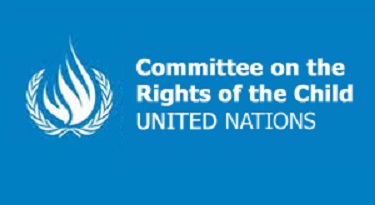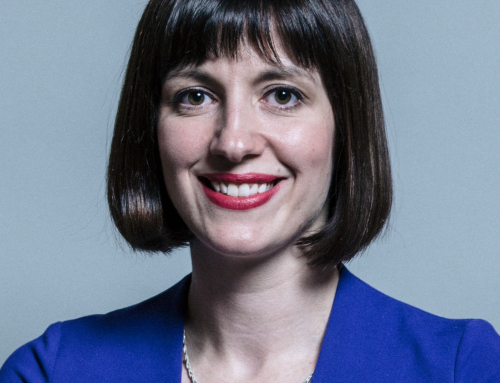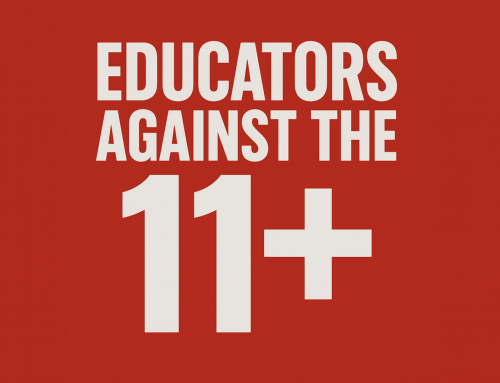 The UN Committee on the Rights of the Child has written a report making observations on the rights of children in United Kingdom of Great Britain and Northern Ireland. The recommendations include the point that academic selection should be phased out. The Committee highlights the fact that selection tests, such as the 11-plus, ‘contribute to the high levels of stress felt by students owing to academic pressure.’
The UN Committee on the Rights of the Child has written a report making observations on the rights of children in United Kingdom of Great Britain and Northern Ireland. The recommendations include the point that academic selection should be phased out. The Committee highlights the fact that selection tests, such as the 11-plus, ‘contribute to the high levels of stress felt by students owing to academic pressure.’
Comprehensive Future Chair, Dr Nuala Burgess, said, “This report by the UN Committee on the Rights of the Child is highly significant. Not only does it call for the end of all academic selection, it also directly links high levels of stress to the type of academic pressure caused by tests such as the 11-plus. At a time of mounting concern over the mental health and well being of children, the UN’s report could not be more timely. For children in selective areas, the 11-plus is an additional and quite unnecessary source of stress for primary school children – in most areas, children transition to secondary school without having to sit a test.
“The report also points out that children have the right to an education and that all children should be encouraged to be schooled at the highest level possible. Academic selection denies every child this right since it creates two types of schools, with one monopolised by more affluent families and attracting more experienced teachers than the other.”
The Committee on the Rights of the Child’s recommendation to end academic selection occurs under point 1.47 in the section ‘Education, leisure and cultural activities’. It states, “Noting with concern inequalities in educational attainment and outcomes for children in disadvantaged situations…The Committee recommends that the State party (the UK):
‘End practices, including academic selection and testing measures, which contribute to the high levels of stress felt by students owing to academic pressure, and ensure that children benefit from a creative learning environment.’
Dr Nuala Burgess said, “The 11-plus seems an especially unkind test. As well as the stress of taking a test under exam conditions there is the added pressure of knowing that how you perform will decide which secondary school you go to. Most 10 and year-olds are simply not mature enough to shoulder this kind of pressure and responsibility.
“It is heartening to see among the UN’s other recommendations is a child’s right to a creative learning environment. Anyone with a good working knowledge of how children are prepared for grammar school section tests will know that the lead up to the 11-plus means little free time for children outside school hours. Weekends, holidays and even some school evenings are spent in training for the test with endless practice papers in English, maths, and reasoning.
“The Committee on the Rights of the Child has inspired governments to change laws and policies in the past, and its intervention on this subject is welcome. It would be in the best interests of all our children if academic selection was carefully phased out. Every child should have the right to move on to secondary school without having to sit a stressful and discredited selection test.”





